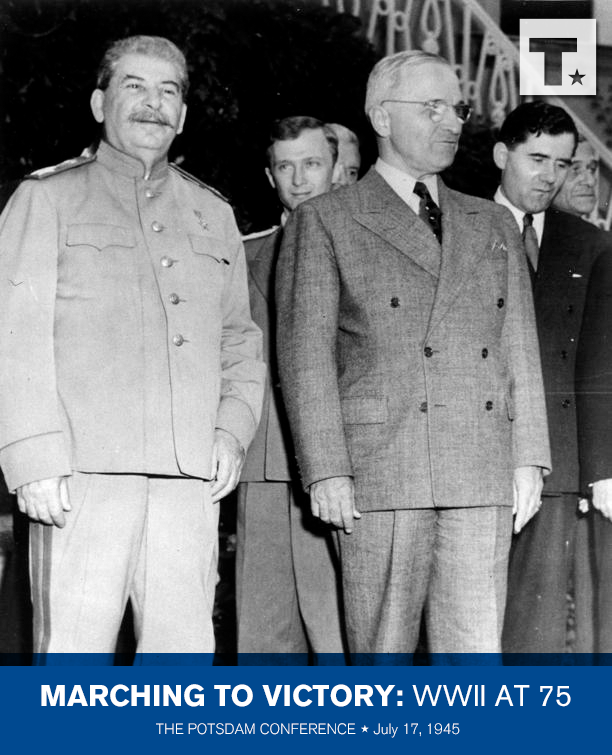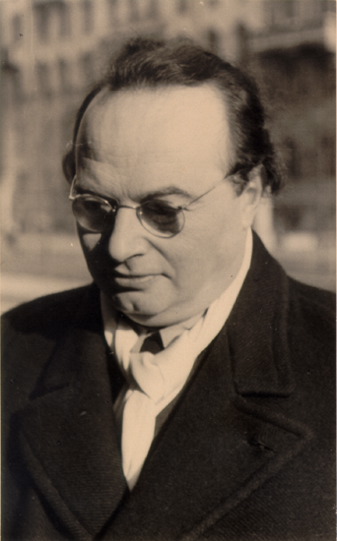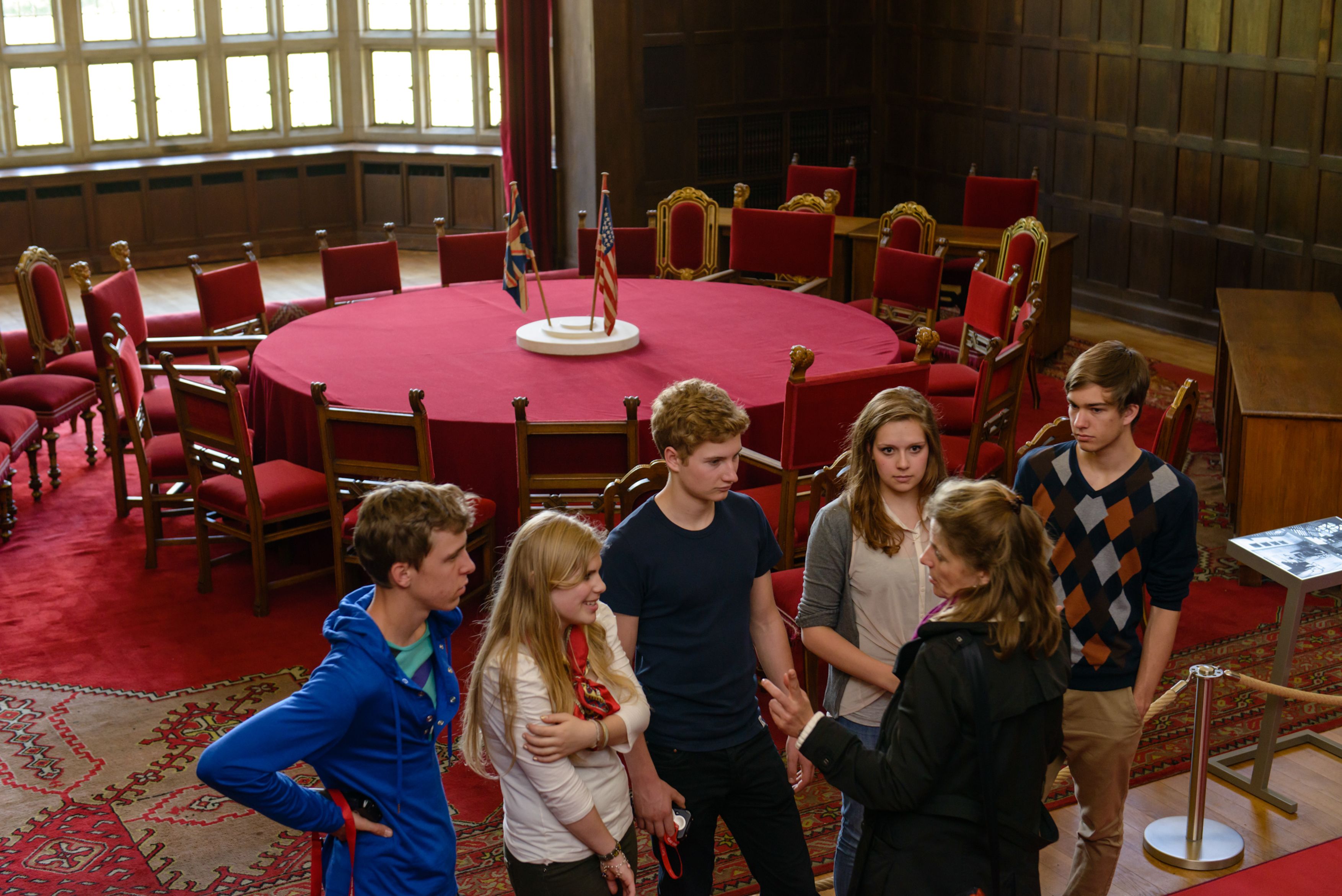


The British and Americans didn’t see it that way, though. While it may have seemed at the time that he was just being paranoid, it is now known that George Patton was already pushing Truman and the other world leaders to go ahead and finish the weakened Soviets off, meaning Stalin might actually have been wise to build up communist governments in Czechoslovakia, East Germany, Bulgaria and elsewhere. Stalin was also particularly concerned that the Allies might stage an invasion of Russia and overthrow his regime. Russia had lost more than 30,000 factories and so much farm land that the vast majority of the population was suffering from malnutrition. Instead, Stalin pleaded for help for his own country, which had been decimated by the fighting with Germany. Though the countries had often discussed Russia joining America and Britain’s fight against the Japanese, it became clear at Potsdam that this was not going to happen. Destined to continue in power for another 8 years until his death (possibly at the hands of Lavrenty Beria), the Russian strongman found himself confronting a world in which the United States possessed the atomic bomb. Only General Secretary Josef Stalin, dictator of the Soviet Union, remained unchanged from the earlier summit. Truman, a keen-minded pragmatist whose intense focus on America's advantage contrasted with Roosevelt's internationalism. President Franklin Delano Roosevelt died prior to the meeting, leading to his replacement by the new president Harry S. British Prime Minister Winston Churchill, who gave his nation hope in the darkest days of World War II, had suffered a stunning defeat at the hands of the Labor candidate Clement Attlee, who replaced him towards the end of the Conference. Though it came so shortly after Yalta, the Potsdam Conference also highlighted a turnover of leadership on the world stage. A follow up to the Yalta Conference just five months earlier, Potsdam attempted to work out the contours of the postwar world. Standing in history like a milestone marking the boundary between one era and the next, the Potsdam Conference brought together the leaders of the three major Allied powers – the United States, the Soviet Union, and the United Kingdom – for the last time at the end of World War II and at the threshold of the Cold War. Truman at a July 1945 flag-raising ceremony in Berlin That's what we propose to do.” - President Harry S. “If we can put this tremendous machine of ours, which has made this victory possible, to work for peace, we can look forward to the greatest age in the history of mankind. *Includes online resources and a bibliography for further reading


The first conference was held at Yalta, but the Allies did not agree on anything very important. Truman) and the dictator of the Soviet Union ( Joseph Stalin) met to talk about Germany on July 1945 and to discuss what should happen to it now that the Second World War was over. The Prime Minister of the United Kingdom ( Clement Attlee), the President of the United States ( Harry S. The Potsdam Conference was a meeting of the Soviet Union, the United Kingdom and the United States in Potsdam, Germany from July 17 to August 2, 1945. Stalin, Truman and Churchill in that order


 0 kommentar(er)
0 kommentar(er)
